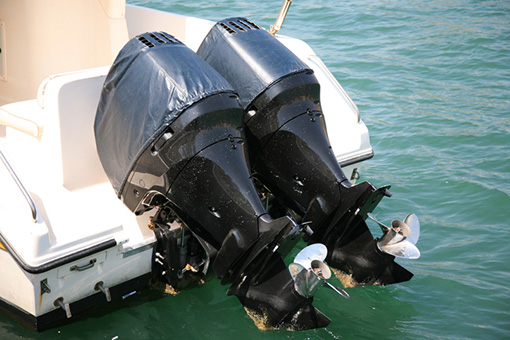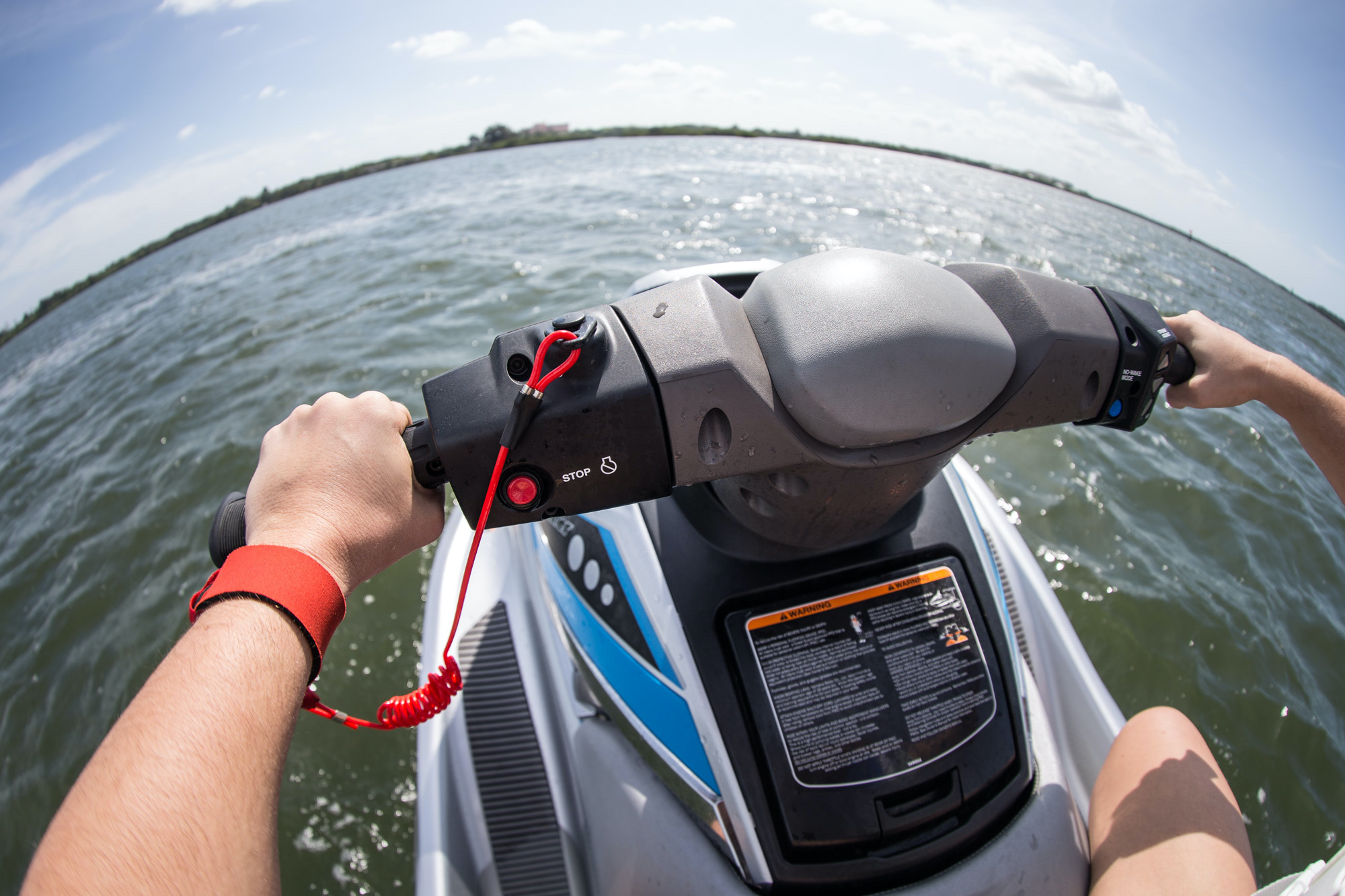Does your boat engine need to be replaced? If so, you should review the pros, cons, costs, and considerations for repowering a boat. Stay tuned to discover everything you need to know!
What Does Repowering a Boat Entail?
So, what does repowering a boat mean? This term refers to replacing your old boat engine with a newer alternative. Doing so makes your vessel faster, more efficient, and less likely to break down.
Pros of Repowering a Boat
As mentioned, repowering your boat helps it run faster and more efficiently. In addition, here are some of the benefits:
1. Improve Performance
Replacing your old engine with a new one is a phenomenal way to maximize your boat’s overall performance. Generally, repowering a boat improves the power-to-weight ratio (making your boat easier to handle), maximizes speed and power, and offers a more enjoyable boating experience overall.
2. Extend the Boat’s Lifespan
A properly-maintained boat engine lasts many years – extending your time on the water. And not only do newer engines feature advanced technology and higher-quality parts, but they allow for longer service intervals. That means they require less maintenance.
Read Next: Boat Maintenance Guide
3. Increase Resale Value
Thinking about selling your boat? (Either sooner or later?) Because the value of your boat increases when you replace your old engine with a newer, more powerful one. Generally, buyers are more interested in purchasing modern, efficient, and dependable vessels.
4. Improve Fuel Economy
We probably don’t need to remind you that gas prices are increasing. However, newer engines allow you to spend less money on gas or fuel.
5. Better for the Environment
When repowering your boat, you can upgrade to an engine that uses less fuel and meets the current carbon pollution rules. Manufacturers make the newest machines to be as green as possible. And by reducing pollution, your boat becomes safer for the environment and the seas.
Read Next: Responsible Boating Guide
Cons of Boat Repowering
Naturally, there are two sides to every coin. Here are some drawbacks of repowering:
1. Boat Downtime Needed
Depending on the vessel’s size and the work’s complexity, the repowering process takes some time (several days or weeks.) Because you can’t operate your boat during that time, you must plan your schedule accordingly.
2. Compatibility
Believe it or not, certain engines aren’t compatible with certain types of boats. Therefore, you must verify that your fuel and exhaust systems, buttons, gauges, and electrical links work with the new engine. And note that the price might increase depending on any necessary changes.
3. Installation
Usually, you’ll need to hire professional marine technicians to handle a project of this size. They can verify that everything was done correctly and that the installation is successful. However, their expertise comes with a price, and hiring experts bumps the overall cost.
4. Repowering Costs
So, how much does it cost to repower a boat? Typically, upgrading your boat’s power source costs several thousand dollars. However, your exact price depends on factors like boat size, engine type, installation fees, boat modifications, and additional equipment.
Our advice? Do your research and collect quotes from multiple sources. That way, you can thoroughly assess your options and select the one that works best for you.
What to Consider:
Decided that it’s time to repower your boat? Before you do, there are a few considerations to keep in mind:
- Maintenance: There’s no getting around it – new engines require ongoing maintenance! When factoring this into your decision, consider the proximity of repair shops, what the warranty includes, and how easy it is to reach customer service.
- Regulations and emissions standards: Every boater must adhere to the local regulations and emissions standards. To avoid legal problems, your new engine must comply with laws regarding engine pollution, noise levels, and environmental concerns.
- Compatibility: It’s important to remember that certain engine types aren’t compatible with certain boat models. And just because someone suggests an engine model doesn’t mean it will automatically work for you.
The Bottom Line
The benefits far outweigh the cost of repowering your boat. And if you’ve decided to upgrade your boat’s power system, we hope this guide answers your questions.
On the Discover Boating Blog, you'll find boating advice, maintenance guides, and buying tips for both seasoned pros and first-time boaters.
If you’re interested in learning how to care for your new boat engine, how to choose the right marine fuel and oil, or about the life expectancy of your boat engine, head to the Articles & Inspiration section of our website.

